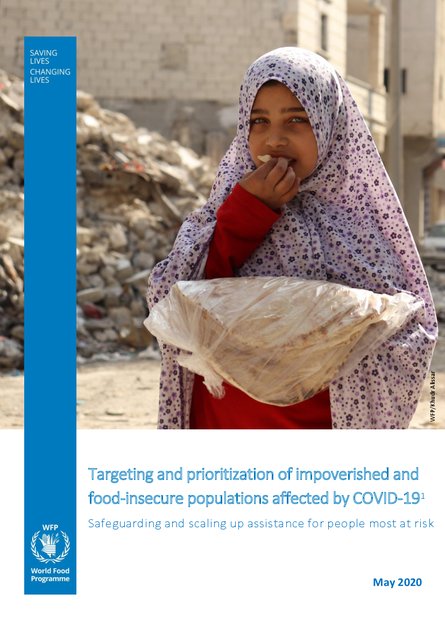
The outbreak of COVID-19 comes with unpredictable primary and secondary impacts on vulnerable and food-insecure populations across the world. Mortality and morbidity appear to be most acute for elderly people, and those with underlying health conditions. At the same time, the widely anticipated economic downturn could have a more devastating effect on the world’s poor than the virus itself.
According to the International Food Policy Research Institute (IFPRI), the food and nutrition security implications of the pandemic will manifest itself in two waves: a massive short-wave shock will be followed by long wave that will affect the world for years to come. IFPRI estimates that, globally, over 140 million people could fall into extreme poverty (measured against the $1.90 poverty line) in 2020— an increase of 20 percent from present levels. As extreme poverty and food security are closely linked, this would also drive up food insecurity. The global health crisis could therefore result in a major food crisis, unless steps are taken to provide unprecedented emergency relief and safety net support.